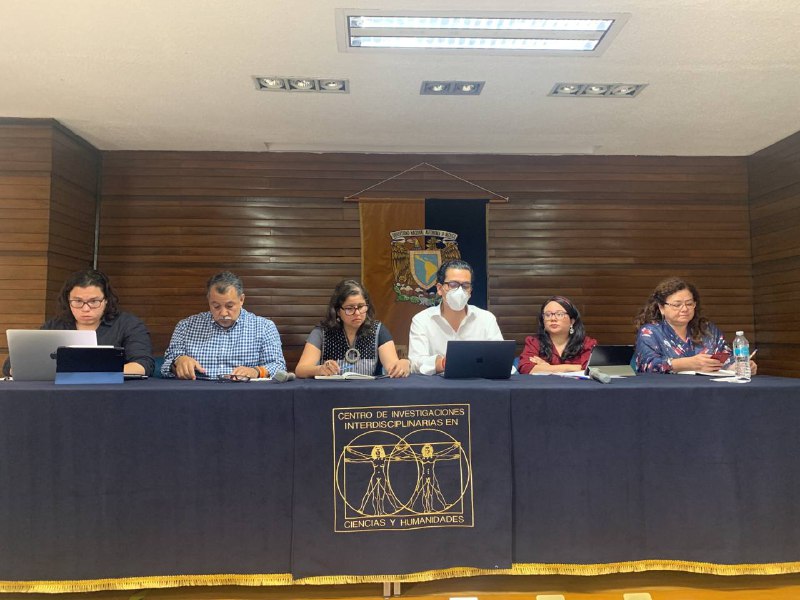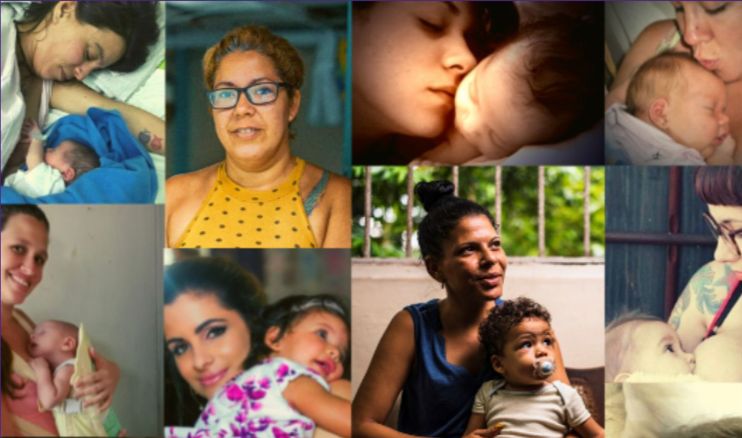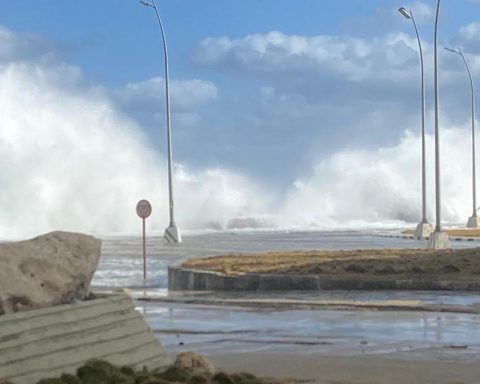M
aru is a young woman from Puebla. From a very young age she knew how difficult separation is. Given the lack of opportunities, her father decided to leave home to go to the United States in search of a better life. Behind her was Maru, three years old, her two sisters and her momma, as he tells his mother. Like other children of migrant parents, she had to deal with a childhood of loss.
Three years later his father returned. Her joy was short-lived, for they would inform her and her sister that their momma and he would leave again, now taking the youngest of his daughters. Again, Maru faces separation. Resigned, she agrees to stay with her grandmother and behave like her eldest, to protect her sister. What follows in the story is confusing to Maru, as she is plagued with pain: I do not remember much; I just feel very nostalgic remembering that stage. Despite being an adult, I try to build my childhood, because I only know that I want to cry every time I think about what I experienced when I was seven years old.
. Nine months later his momma he returns to Puebla for her and her sister. Maru thinks that her luck is beginning to change, because she would be reunited with her family.
A few days later, Maru finds himself on the border of Nogales, northern Mexico. She thought that there was no time to be a girl, she had to rise to the occasion, not allow fear to invade her. If she wanted to get her family back together, she had to be very brave and walk those wild paths. What she imagined for many years, about how her parents lived in a strange country, she would finally know, because she would experience it firsthand.
He arrived in New York, after several days of walking through the desert. New York winter welcomed Maru and her family. She felt a deep happiness to be together again. But she would face the new reality: growing up in a different country from her own, learning a different language and being the pioneer of her family in that process. Again, she Maru understood that she would not have time to be a girl. Her days were spent translating her parents, facing the complex world of health, education and other aspects of life. The reality of migrant children is that many times, they become the little ones responsible for the home. At first I didn’t know how to translate the bad news. How to tell my parents that my sister was doing poorly in school or that we couldn’t pay the bills for the month? I thought telling part of the truth was best. Maybe it wouldn’t hurt so much.
Maru demanded of herself perfection; there was no time to fail.
Years passed. Other times the separation looms in her family, after her younger sister is expelled from school. Her family decides to return her to Mexico. Only her and her parents remain in the United States. She manages to enroll in college. I got a scholarship to a school in the Bronx. My parents were proud of me. I achieved a bit of freedom by leaving home and putting aside the many responsibilities that I had had since I was very young.
A few months after finishing university, the lawyer tells them that their immigration regularization case would not proceed. Hopes of a professional life for Maru faded.
He was without a way out, he could not get a job from what he studied because of his immigration status. Since I arrived in this country everything has been uphill. I think that deep down, I always imagined that things would be different in Mexico, because in the end it was my country, my people, my culture. It was the place in the world where I would be recognized as a person.
Despite being very active in actions in the United States for a settlement for the so-called dreamersMaru did not see this possibility close. Thus, in the summer of 2006 she returns to Mexico.
Maru moves to Mexico City to start her new life. She goes to work in a call center. Ironies of life: she meets a world that included thousands of people who had been deported or were in her situation, who could not pursue their careers in the United States and had to migrate. It was like reconnecting with that painful part of her life. Look at how systematic segregation is in America. He learned that, despite being called the country of opportunities, in reality people who are not equal to them are rejected. Affected by stories of young people with many broken dreams and divided by borders, she takes action.
He delves into activism; he knows safe spaces where he can share his situation, that of his parents and his sisters. She decides that one way to vindicate the struggle of hundreds of young people is to make them public. Stories that it seems that life never gave them the time to live their childhood. Carrying the responsibility of their families on their shoulders and that, in the end, the country that saw them grow up denies them their rights.
The little migrants form a list of warriors who fight to integrate. That other migration that is rarely talked about, which is the reality of children divided between different realities and cultures. His heart goes out to his families in Mexico and the United States, but in both places they are strangers. I wanted to go back thinking that everything would be better, but I find other stories, of young people who are not from here or there. Where my country expels me due to the lack of opportunities, but it also expels me where I arrived.
He knows that justice must be demanded. After much insistence from his employer, and after years of being in Mexico, he decides to start the visa process to access the United States; this time in a documented way. I couldn’t believe it, I just wanted to leave the consulate so they wouldn’t regret giving me the visa, I wanted to scream and cry at the same time, because I would see my mother again
. After seven years, Maru sees her momma and promise to always be together.
In the midst of activism, she met her husband, an American who, without thinking, would add to her dream of having her family reunited. Having citizenship and requesting reunification with her family is the greatest gift that her partner gave her. It’s my childhood dream to be all together again as a family.
Maru is a woman who recently graduated with a master’s degree from New York University. She has managed to overcome the pain of a childhood divided by the absurd immigration policies that countries impose. She fights every day so that people like her parents do not have to navigate alone in this reality, which consumes hundreds of migrants in this iron city. These children are the heroes who raise their voices in two languages, who dignify the lives of hundreds of families who live under the shadow of separation.
* Member of the Tlachinollan Mountain Human Rights Center















